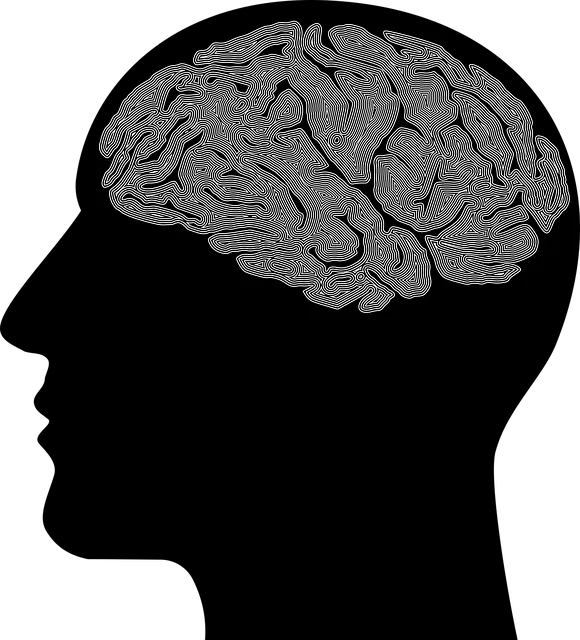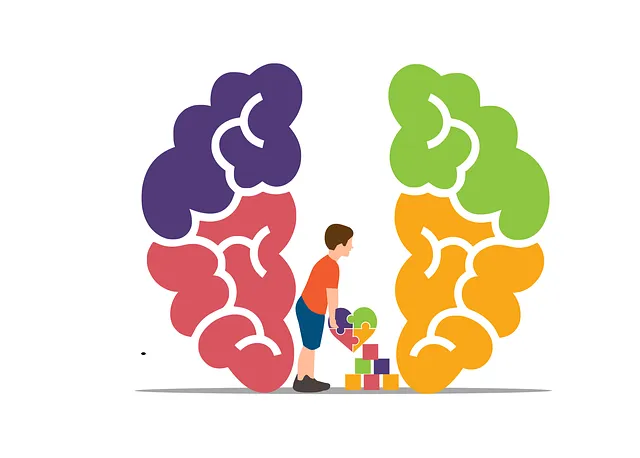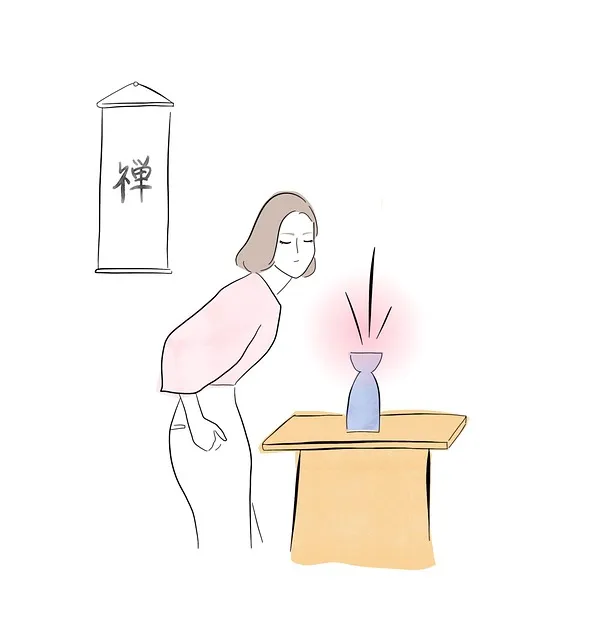In diverse Colorado Springs communities, Kaiser Permanente's mental healthcare program excels through cultural sensitivity, addressing varied ethnic needs. They equip professionals with training, exercises, and planning focused on cultural competence to tailor interventions safely and ethically. This approach prevents burnout, improves communication, and enhances treatment outcomes. By fostering trust and understanding, Kaiser Permanente creates inclusive environments where patients from all backgrounds feel supported, revolutionizing mental health coverage in Colorado Springs.
Cultural sensitivity is an essential aspect of delivering effective mental healthcare, ensuring equitable access, and fostering trust. This article explores the critical role of cultural competence in therapy, highlighting innovative approaches like those adopted by Colorado Springs Kaiser Permanente for its mental health coverage. We delve into barriers preventing culturally sensitive care and present strategies to enhance practice, emphasizing the importance of understanding diverse cultural contexts to provide personalized support.
- Understanding Cultural Sensitivity in Mental Healthcare
- The Importance of Cultural Competence in Therapy
- Colorado Springs Kaiser Permanente's Approach to Mental Health Coverage
- Barriers and Challenges in Providing Culturally Sensitive Care
- Strategies for Enhancing Cultural Sensitivity in Practice
Understanding Cultural Sensitivity in Mental Healthcare

Cultural sensitivity is a cornerstone in providing effective mental healthcare, especially within diverse communities like Colorado Springs. It involves recognizing and appreciating the unique cultural beliefs, values, and practices that shape individuals’ experiences and interactions with mental health services. Mental health professionals at Kaiser Permanente in Colorado Springs are trained to navigate these complexities, ensuring that care is not just culturally competent but also compassionate.
Incorporating burnout prevention strategies for healthcare providers, such as compassion cultivation practices, plays a pivotal role in this process. By fostering an environment of understanding and empathy, mental health professionals can better serve patients from various backgrounds. Additionally, implementing community outreach program initiatives enables the organization to connect with hard-to-reach populations, offering tailored support and resources that address specific cultural and social needs. These inclusive practices not only enhance patient outcomes but also contribute to building stronger, more resilient communities in Colorado Springs.
The Importance of Cultural Competence in Therapy

In the diverse communities of Colorado Springs, ensuring cultural sensitivity in mental healthcare practice is paramount. The Colorado Springs Kaiser Permanente mental health coverage reflects a commitment to addressing the unique needs of patients from various ethnic, racial, and cultural backgrounds. Cultural competence goes beyond basic respect; it involves understanding and incorporating clients’ cultural perspectives into therapy sessions. This approach fosters trust, enhances communication, and improves treatment outcomes. For instance, knowledge about a client’s cultural traditions can help mental health professionals tailor interventions to align with their beliefs and practices.
Healthcare Provider Cultural Competency Training plays a pivotal role in equipping practitioners with the skills to navigate these nuances. By engaging in ongoing training and Mental Wellness Journaling Exercise Guidance, professionals can gain insights into different cultural contexts, learn to avoid stereotypes, and develop culturally responsive care models. Moreover, Risk Management Planning for Mental Health Professionals becomes more effective when cultural sensitivity is at the core, ensuring safe and ethical practices that resonate with every patient’s background.
Colorado Springs Kaiser Permanente's Approach to Mental Health Coverage

Colorado Springs Kaiser Permanente has pioneered an inclusive approach to mental healthcare coverage, recognizing the diverse cultural backgrounds and unique needs of its community. They understand that effective treatment requires a deep sensitivity to various ethnic, racial, and social factors. As such, their services are tailored to address the specific challenges faced by different populations, ensuring that everyone receives personalized care.
The organization’s commitment to cultural sensitivity is evident through its comprehensive range of programs. These include initiatives focused on burnout prevention, conflict resolution techniques, and promoting mind over matter principles. By incorporating these strategies, Kaiser Permanente aims to create a safe and supportive environment where individuals can openly discuss their mental health concerns and embark on their journey to well-being.
Barriers and Challenges in Providing Culturally Sensitive Care

Providing culturally sensitive care in mental healthcare is often impeded by several barriers and challenges. One significant obstacle is the lack of understanding and appreciation for diverse cultural beliefs, values, and practices among healthcare providers. This can lead to misunderstandings or misinterpretsions during therapy sessions, hindering effective communication strategies and compassion cultivation practices. For instance, different cultures may have unique approaches to mental health issues, with varying expectations regarding treatment methods, role of family involvement, and expression of emotions.
In Colorado Springs, organizations like Kaiser Permanente offer valuable mental health coverage, but ensuring culturally sensitive care requires dedicated efforts. Healthcare provider cultural competency training plays a pivotal role in addressing these challenges by equipping professionals with the skills to navigate diverse cultural contexts effectively. By fostering an environment where communication strategies are tailored to individual needs and compassion cultivation practices are inclusive, healthcare providers can create safe spaces for all clients, regardless of their cultural backgrounds.
Strategies for Enhancing Cultural Sensitivity in Practice

In enhancing cultural sensitivity in mental healthcare practice, professionals in Colorado Springs, particularly those associated with Kaiser Permanente’s mental health coverage, can employ several effective strategies. One key approach is Mind Over Matter Principles, which focuses on promoting understanding and respect for diverse cultural beliefs and practices related to mental health. This involves education and training sessions that highlight the impact of culture on perception and treatment preferences. By fostering an environment where mental healthcare providers learn to adapt their approaches based on cultural contexts, they can significantly improve patient care.
Additionally, Public Awareness Campaigns Development plays a crucial role in breaking down stereotypes and misconceptions about mental health within diverse communities. Engaging in public outreach initiatives that focus on cultural sensitivity helps to build trust and encourages individuals from various backgrounds to seek the support they need. This is further boosted by Confidence Boosting strategies for both patients and providers, ensuring everyone feels comfortable discussing their unique cultural needs and concerns openly.
In conclusion, cultural sensitivity is an indispensable aspect of effective mental healthcare practice. As illustrated by Colorado Springs Kaiser Permanente’s comprehensive approach to mental health coverage, recognizing and addressing cultural differences can significantly improve patient outcomes. Overcoming barriers such as language gaps and stereotyping requires a strategic shift towards enhanced cultural competence. By implementing the discussed strategies, mental health professionals can create more inclusive environments that cater to diverse populations, ensuring access to quality care for all, including those covered by innovative programs like Kaiser Permanente’s in Colorado Springs.






